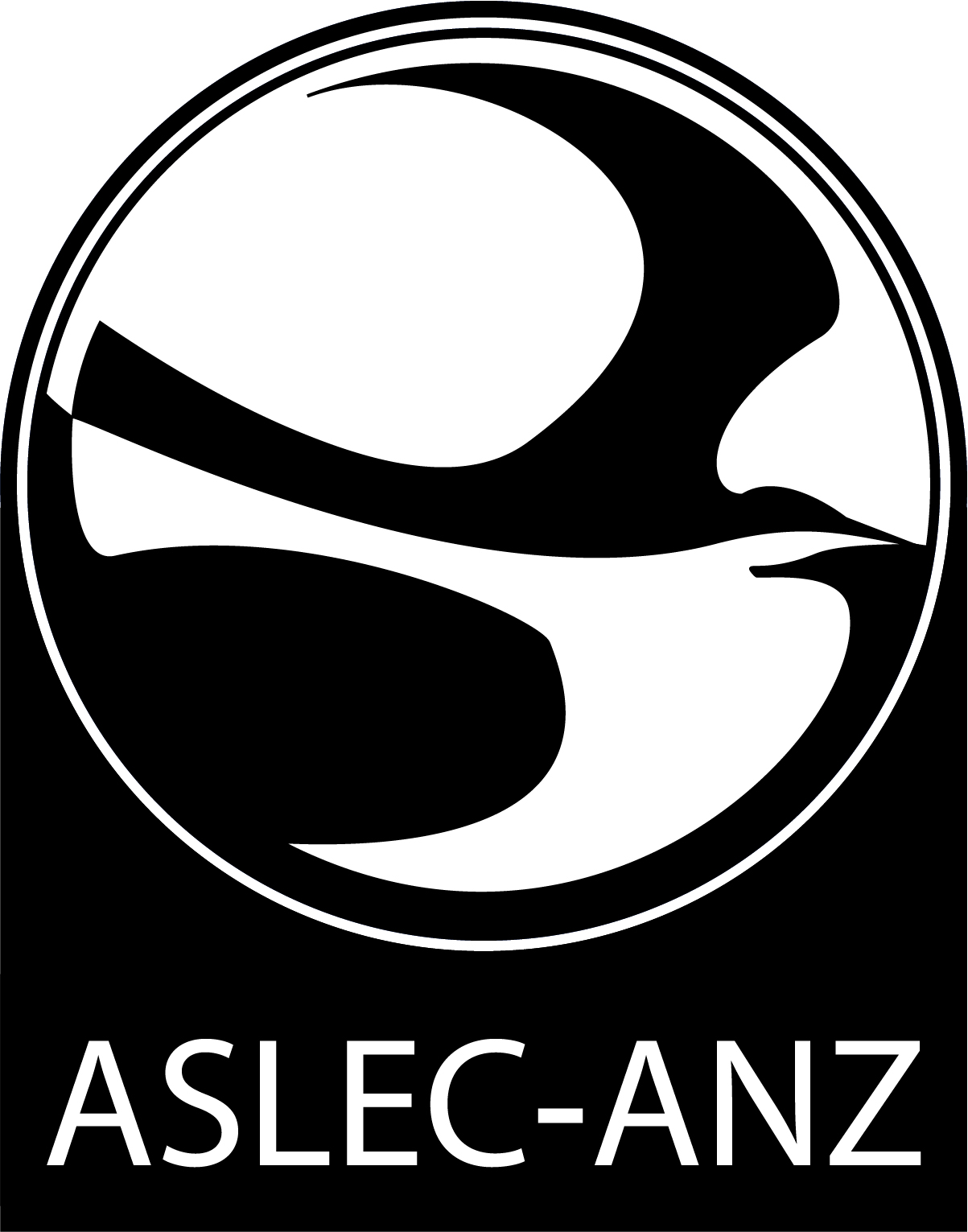Strange/Letters
An Association for the Study of Literature, Environment and Culture (ANZ) symposium
Friday 5th February 2021 (Australian Eastern Daylight Savings Time)
The program is now available! Download here.
To register your attendance and obtain the zoom link and more, email info.aslec.anz@gmail.com
NB participants at this symposium must be members of ASLEC-ANZ. See https://aslecanz.org.au/join-us/ to join. Annual membership is currently available on a pay-what-you-can basis.

Image by Margaret Donald on Flickr

Image by Margaret Donald on Flickr
Call for Papers
These are strange – and, for some, estranging – times. Dislocated from one another by lockdowns, border closures, and the unsustainability, cost, and even danger of travel, we’re reminded of the letter, a mode of affective communication across divides of space and time, and between others.
The word “correspondence” describes both letters and what happens when others respond to each other, in any form, through adaptation or analogy. Corresponding can make us strange or bring us into contact with strangeness. When the City of Melbourne assigned email addresses to 70,000 street trees, hoping for passers-by to report on urban maintenance issues, the council’s inbox was flooded instead with arboreal love letters and existential ruminations. Alexis Wright’s letter (-cum-polemic-cum-poem) “Hey, Ancestor!”, published on Invasion Day in 2018, hails an ancestor who acts strangely in strange times, and who may be abundantly strange to the white Guardian-reader the letter addresses slantwise. In making strange this reader’s ideas of ancestry, earth, law, weather and writing itself, the letter reifies the correspondence between climate collapse and “little pieces of paper telling lies” about ownership of country. In Quantum Anthropologies: Life at Large, Vicki Kirby tells of the “intriguing communication, a sort of stuttering chatter between the ground and the sky” that precedes a lightning strike. Buildings and trees initiate strikes, “sending out … upward ‘leaders’ of invitation”. This is a messaging, in Kirby’s account, that confounds clear divisions between cause and effect, subject and object.
The Association for the Study of Literature, Environment & Culture – Australia & New Zealand welcomes proposals for Strange/Letters, an interactive online symposium on letters, strangeness, and ecology on 5th February 2021. Scholars in the environmental humanities and arts are invited to submit proposals for letters, in all senses of the word and of any kind, that consider:
- strange ecosystems
- strange language
- strange kin
- correspondence and ecology
- meetings between strangers
- strange weather
- estrangement
- becoming strange
Proposals may be for letters of no more than twenty minutes duration that will be performed/presented in live zoom sessions, or for material objects-as-letters that will be imaged online or shared via post with symposium delegates. We also welcome collaborative proposals. The symposium day will consist of live online performances and an interactive round-table in which we reply and respond to each other’s provocations.
Please send enquiries and proposals of 250 words with a short (<100 word) biographical note to info.aslec.anz@gmail.com by 1st December 2020.
The Deborah Bird Rose Prize
The Deborah Bird Rose Prize was established by ASLEC-ANZ in 2019 to commemorate Deborah’s immeasurable contribution to thinking and feeling in the environmental humanities, both globally and specifically in our region. The prize of $500 will be awarded to a postgraduate or early career researcher (not more than five years from conferral of PhD, excluding career interruptions) for an essay that reflects in some way on the legacy of Deborah Bird Rose’s scholarship. The 2021 prize will be on the theme of Strange/Letters. Eligible conference presenters can redevelop their conference presentation as a written piece of 3000-5000 words for submission to the prize. The winning piece will be published in a special issue of Swamphen, subject to editing. Submissions will be due by 30th June 2021, and should include an updated abstract and a paragraph summarising the relevance of Deborah Bird Rose’s work to the project.
